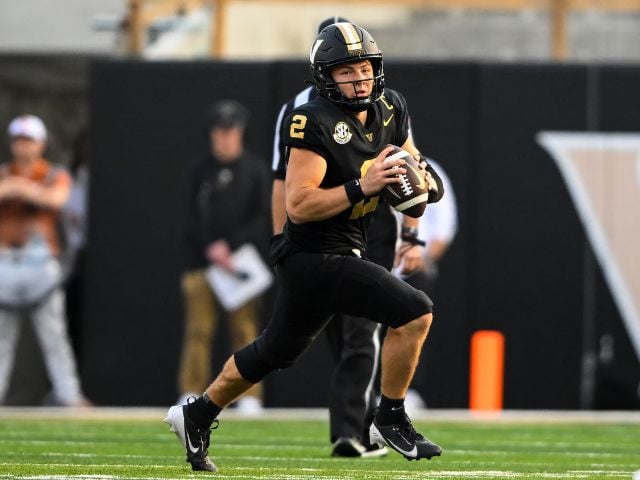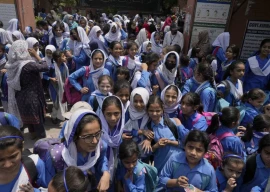
A Tennessee court has granted Vanderbilt quarterback Diego Pavia a temporary injunction against the NCAA’s eligibility rules, marking a significant development in collegiate athletics. Pavia, who played two years in junior college and three years in Division I, challenged the NCAA’s policy that counts junior college seasons against an athlete’s eligibility clock. Under NCAA rules, athletes are allowed five calendar years to play four seasons, including time spent in junior college.
This ruling temporarily nullifies the policy for Pavia, allowing him to play in 2025. The decision has raised questions among college athletics administrators about whether it applies broadly to other junior college players. Pavia’s lawyer, Ryan Downton of the Texas Trial Group, expressed hope that the ruling will encourage additional eligibility extensions without requiring lawsuits. If upheld, this case could force the NCAA to reevaluate its eligibility framework for all athletes, not just junior college players.
Beyond eligibility, the case underscores the financial stakes for athletes in the evolving landscape of college sports. With schools now permitted to share revenue with athletes, many players stand to benefit significantly. Pavia, for instance, estimates he could earn at least $1 million next season, illustrating how extended eligibility could provide lucrative opportunities for undrafted players to remain in college.
The ruling also highlights a broader trend of legal challenges weakening long-standing NCAA policies. Tulane sports law professor Gabe Feldman noted that this decision, alongside recent cases involving transfer rules and NIL enforcement, adds pressure on the NCAA to modernize its policies. He suggested it could strengthen the NCAA’s argument for congressional intervention to establish nationwide standards.
As athletes gain more financial opportunities and legal victories, the NCAA faces mounting pressure to adapt. Pavia’s case may signal the beginning of a transformative era in college athletics, where eligibility and athlete compensation continue to reshape the landscape.
1734609344-0/Untitled-(69)1734609344-0-405x300.webp)
1721739746-0/BeFunky-collage-(12)1721739746-0-165x106.webp)
1734607785-0/Untitled-(67)1734607785-0-165x106.webp)

1734606787-0/Untitled-(65)1734606787-0-165x106.webp)

1734608758-0/Express-Tribune-(3)1734608758-0-270x192.webp)

1734600431-0/Express-Tribune-(7)1734600431-0-270x192.webp)



1734468458-0/Copy-of-Untitled-(50)1734468458-0-270x192.webp)

1734511806-0/Untitled-design-(5)1734511806-0-270x192.webp)









COMMENTS
Comments are moderated and generally will be posted if they are on-topic and not abusive.
For more information, please see our Comments FAQ